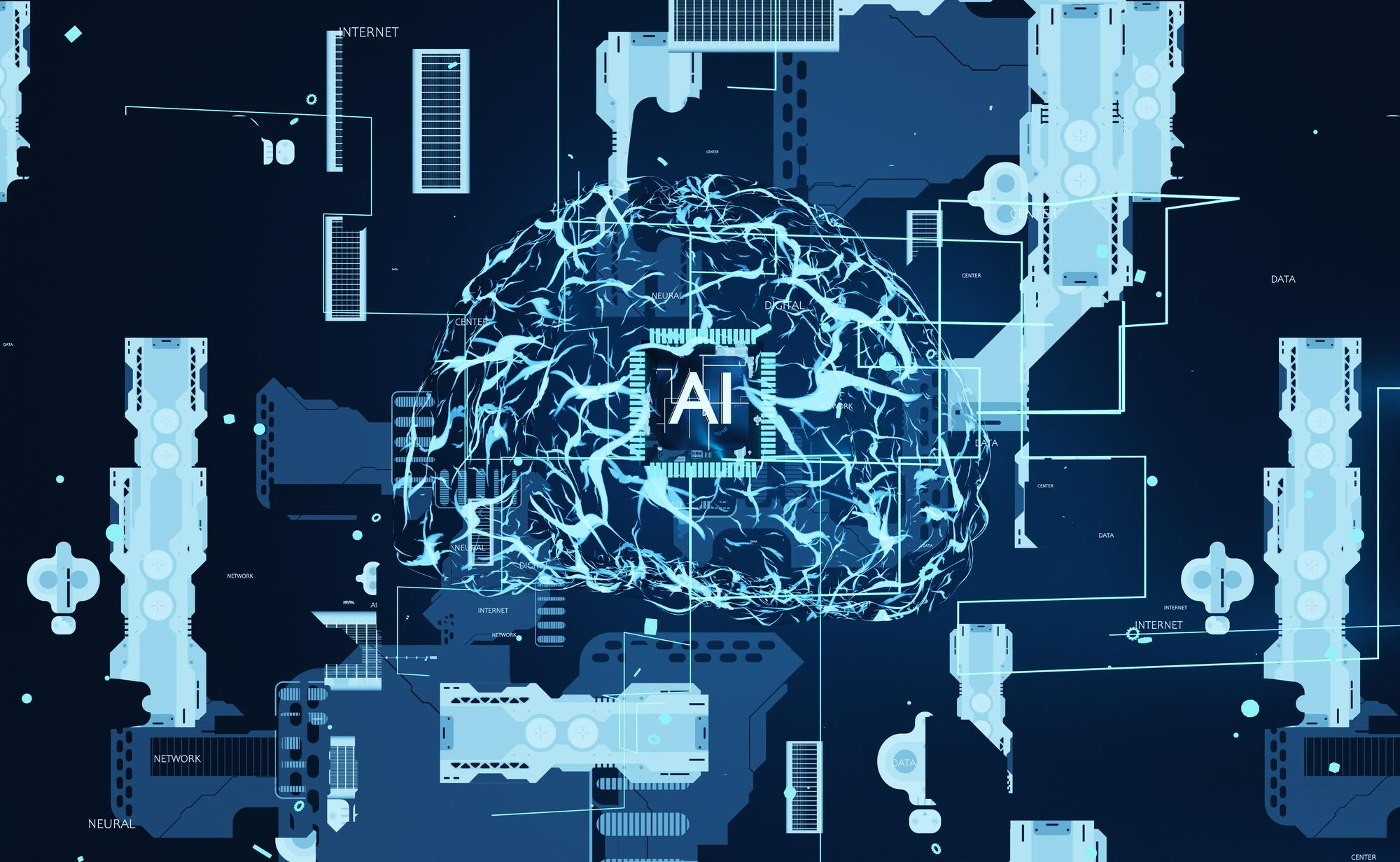In today’s world, it is increasingly evident that traditional economic models are inadequate for addressing the complexities of global challenges. This blog offers a focused examination of advanced insights in Earth Economics, supplemented by case studies that illustrate the practical implementation of these concepts.
1. Rethinking Economic Value: The Role of Natural Capital
Natural capital—the world’s stock of natural resources, including air, water, and biodiversity—is central to Earth Economics. Traditional economic models often fail to account for these vital resources, leading to practices that deplete ecosystems and undermine long-term economic stability. Recognizing the value of natural capital allows for a more accurate assessment of an economy’s health and sustainability, ensuring that essential environmental services are preserved for future generations. This approach shifts the focus from short-term gains to long-term ecological and economic resilience.
Case Study: The TEEB Initiative
The Economics of Ecosystems and Biodiversity (TEEB) initiative has significantly influenced how governments and organizations incorporate ecosystem services into economic policies. By demonstrating the economic value of biodiversity, TEEB underscores the need to integrate ecological considerations into financial planning, promoting a more sustainable approach to economic development.
2. The Circular Economy: Beyond Linear Models
The circular economy redefines the traditional “take-make-dispose” model by emphasizing waste minimization and resource optimization. This approach fosters a system where resources are continuously reused, recycled, and regenerated, aligning economic activity with ecological health. Unlike linear models that depend on constant resource extraction, the circular economy promotes closed-loop systems that reduce environmental impact and enhance resource efficiency. By shifting to circular models, businesses and economies can drive innovation while minimizing waste and environmental degradation.
Case Study: The Ellen MacArthur Foundation
The Ellen MacArthur Foundation plays a pivotal role in advancing the circular economy globally. Through its initiatives, the Foundation has facilitated significant reductions in waste and resource use across industries. Their efforts highlight how adopting circular principles can lead to sustainable economic growth and environmental stewardship.
3. Ecosystem Services: Valuing the Invisible
Ecosystem services—the benefits humans derive from ecosystems, such as clean water, fertile soil, and climate regulation—are often undervalued in economic planning. These services are crucial for human survival and economic activity but rarely feature in market prices or policy decisions. Properly accounting for ecosystem services is essential for sustainable development, as it ensures that the natural processes supporting life are maintained and enhanced. Recognizing their value helps prevent their degradation and promotes a more holistic approach to economic planning.
Case Study: New York City Watershed
New York City’s investment in protecting the Catskill Watershed, which naturally purifies its water supply, is a prime example of valuing ecosystem services. This decision not only saved billions in infrastructure costs but also underscored the economic benefits of preserving natural systems that provide essential services.
4. Climate Change Economics: The Cost of Inaction
Climate change presents a significant economic threat, and Earth Economics offers tools to evaluate the long-term costs and benefits of climate action. Addressing climate change requires substantial investment in mitigation and adaptation strategies, but the cost of inaction is far greater. Without intervention, economic losses from climate-related impacts—such as infrastructure damage, reduced agricultural productivity, and increased healthcare costs—can be severe. By integrating climate risks into economic planning, we can make informed decisions that protect both the environment and the economy, fostering a more resilient future.
Case Study: The Stern Review
The 2006 Stern Review on the Economics of Climate Change highlighted that the cost of inaction could reach up to 20% of global GDP annually. This influential report illustrates the urgent need for proactive climate policies and investments to avoid severe economic consequences.
5. Social Equity in Sustainable Development
Achieving social equity is a fundamental aspect of sustainable development, ensuring that economic growth benefits all members of society, especially marginalized populations. Social equity involves addressing disparities in access to resources, education, healthcare, and economic opportunities. Prioritizing social equity in development strategies not only fosters social justice but also enhances economic stability by mitigating the risks associated with inequality and social unrest. This approach helps create a more inclusive and cohesive society, which is essential for sustainable development.
Case Study: South Africa’s Renewable Energy Program
South Africa’s Renewable Energy Independent Power Producer Procurement Programme (REIPPPP) exemplifies the integration of social equity into sustainable development. By including provisions for local community development, REIPPPP ensures that the benefits of renewable energy projects are shared with those who need them most, promoting equitable growth and community empowerment.
Conclusion: Advancing Earth Economics Research
The insights and case studies discussed here underscore the importance of incorporating ecological and social considerations into economic frameworks. As researchers, our role in advancing Earth Economics and Sustainable Development is crucial. By continuing to explore and refine these concepts, we can help shape a future where economic growth is both sustainable and equitable, benefiting people and the planet alike. Engaging with these principles and advocating for their implementation can drive meaningful change and contribute to a more resilient and just world.
As we advance the frontiers of Earth Economics and Sustainable Development, we are excited to invite you to the “First International Conference on Business Creativity – Research Conference.” Scheduled for September 11-12, 2024, this significant event is a collaborative effort between the American University in the Emirates (AUE) and IEREK. Join us to engage with leading-edge research and innovative practices at the crossroads of business creativity and sustainability. Your participation will contribute to shaping impactful solutions for the future. We look forward to your involvement in this transformative conference.







